(ECNS) -- Another three sites in China were recently recognized as Globally Important Agricultural Heritage Systems (GIAHS) by the Food and Agriculture Organization of the United Nations (FAO), bringing China's total GIAHS sites to 25, the Chinese Ministry of Agriculture and Rural Affairs (MARA) announced on Tuesday.
These new additions include the Gaolan Shichuan Ancient Pear Orchard System in Gansu Province, Deqing Freshwater Pearl Mussels Composite Fishery System in Zhejiang Province, and the Fuding White Tea Culture System in Fujian Province.
In Gaolan Shichuan Ancient Pear Orchard along the Yellow River, towering pear trees are traditionally cultivated using the "Gaotian" method.
Fruit farmers use specially designed ladders to move among these half-aerial pear trees, performing tasks such as pruning, flower and fruit thinning, pole-setting and branch-hanging, and fruit picking. This integrated system combines fruit trees, crops, and livestock, preserving ancient pear varieties such as Ruan'er and Dongguo.
Deqing County's freshwater pearl farming relies on the natural symbiotic relationship between fish and freshwater mussels, using the traditional mantle-attached pearl cultivation techniques. Overall, this method has evolved into a complex aquaculture system that is rich in aquatic biodiversity.
In Fuding, Fujian Province, centuries-old white tea cultivation blends ecological wisdom with traditional craftsmanship. The region's unique geographical location, climatic conditions, and long history have helped grow distinctive tea plant varieties, tea-processing techniques, and built a profound cultural significance there.
This agricultural heritage system features national-level superior varieties such as Fuding Dabai Tea, Fuding Dahao Tea, and local vegetable tea species, preserving traditional sexual reproduction methods.
The ecological tea garden cultivation model and three-dimensional landscape enhance resource utilization efficiency and pest control, integrating tea gardens with forests and crops, thus preserving biodiversity and supporting rural livelihoods.
(By Zhang Dongfang)











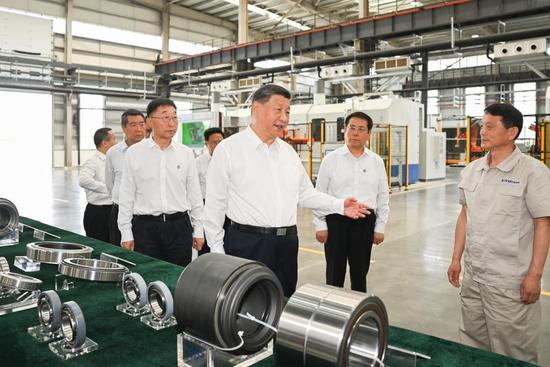


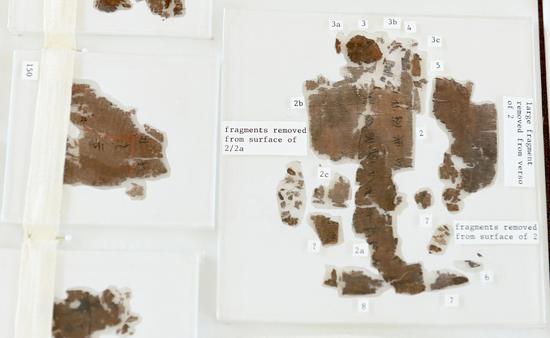








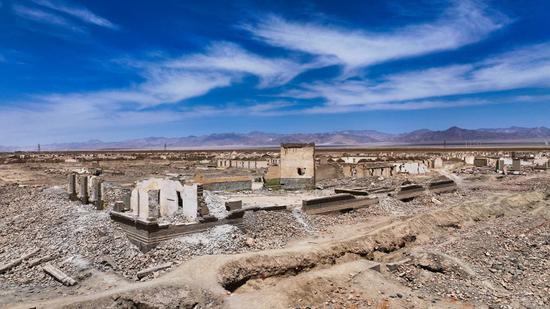

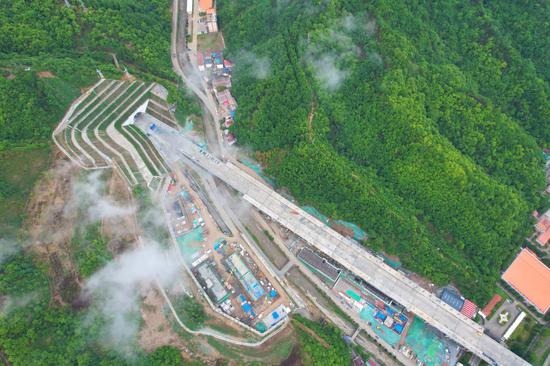



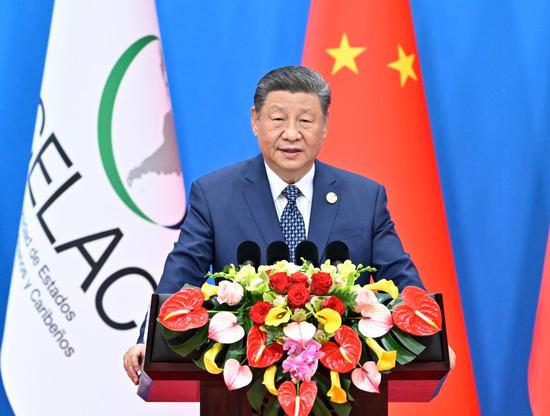

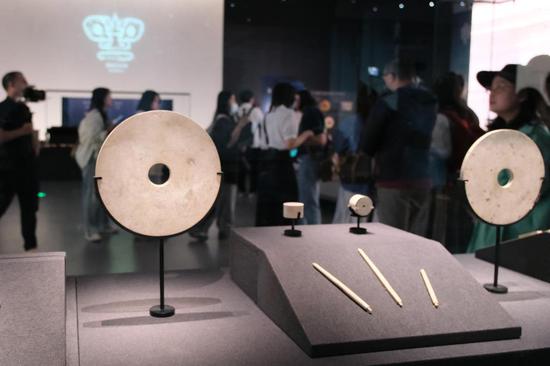

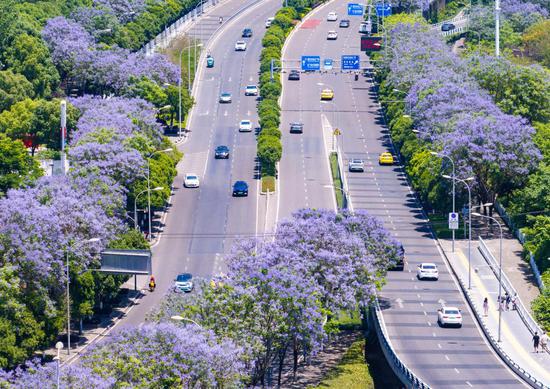









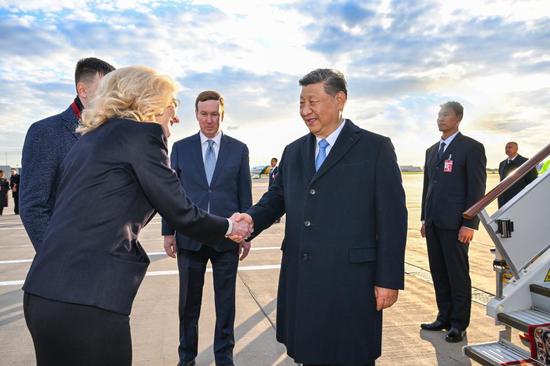






 京公網安備 11010202009201號
京公網安備 11010202009201號